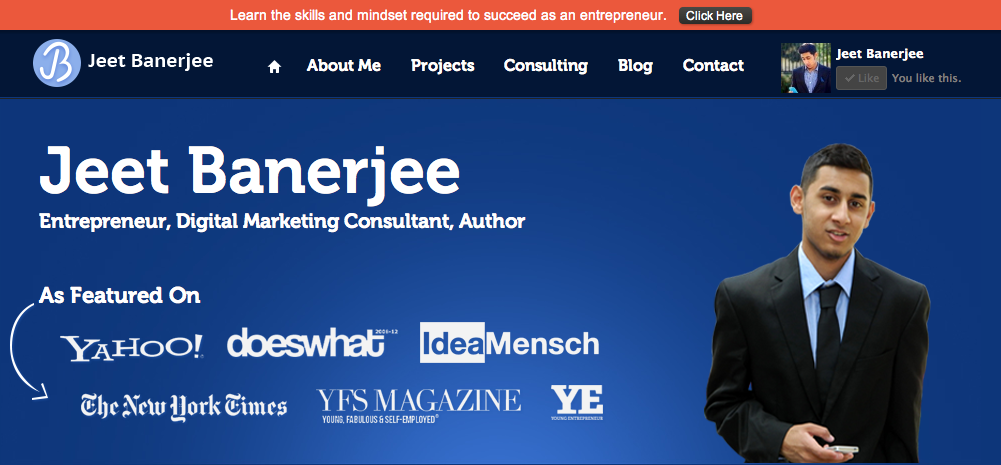As a startup, sales is everything. It defines whether or not you have a market for your business and it gets you off the ground.
Getting sales as a startup is probably the most challenging thing you will ever go through. It takes a lot of hustle and determination to make things happen in the early-going.
The biggest challenge for all of my startups has been validating my product through customer acquisition and selling products. After months of struggling, I made huge breakthroughs by learning a few key rules of startup sales.
In this article, I will share 3 rules for sales success in a startup.
1. Stop Selling, Start Educating
It’s amazing how much of a difference it made once I stopped ‘selling’ people. Selling is the act of jazzing up and pitching your product to others.
Educating is explaining a problem or necessity and fulfilling that by sharing a product or service that you offer. When doing startup sales, your goal is to teach people about the need of your product (not sell them on it).
Once you teach people that they need your product (assuming you do a good job), they will come to your door asking for it. I’ll share an example with you below:
For StatFuse, we offer a virtual platform that helps students and parents with college admissions. Instead of talking about our product initially, here’s what our pitch traditionally looks like:
“With college admissions more competitive than ever, public schools really don’t have very many resources available to students. Parents really need to know that their kids are getting zero to no help from their counselors. Generally, 1 counselor is responsible for the academic guidance of 500-600 students. There just isn’t enough time and help available for students and parents from the schools anymore.”
If you look at the pitch above, I never mention anything about StatFuse or what our product does. I simply explain the problem that students are dealing with to parents and let them decide whether or not they agree.
Typically a response to something like this is, “Oh no! That’s awful to hear, is there anything we can do for our kids to avoid this?”
This is generally when I jump in and share what my product can do for them. The key point to get out of this is that you can only sell something to someone who is educated about the need of your product/service.
It starts with educating the person. Once that happens, you can share what you have to sell once they truly understand the issue or problem that they are facing.
2. Don’t Build It If You’re Scared To Share It
If you’re scared of telling people about the awesome products you’re building, you shouldn’t build it. While building a product is important, telling people about it is just as important.
Many startups can’t sell their product because they make 2 mistakes:
A. They are scared to tell people about it.
B. They don’t know how to tell people about it.
Whatever the reason is, you have to find a solution to your own problems to find sales success within your startup. If you’re scared to tell people about it, you have to either get over your fear or find a ‘business’ person to join your startup to help you out.
If you don’t know how to tell people about it and don’t have a lot of money to do so, you have to hustle. Hustling isn’t always the most attractive method of sales, but it’s the only way to get traction for your idea.
Hustling can mean cold calling, guerrilla marketing, and just about any other method of sales that requires you to get your hands dirty. Whatever the method, it’s extremely crucial to step up and share your products.
3. If You Don’t Know How It Happened, It Doesn’t Matter
Startup sales is all about creating a sales process and learning from it. During this period, you need to measure everything you do. Data is truly king at this stage and you need to get all this information:
– Who are my customers? Know everything about your customer, who they are, what they do, and how you can approach them.
– Successful methods of acquiring customers. If someone gives you $500, how many customers can you get? Where will they come from? How long will they take? How much resources will you have to utilize?
– How can you scale this model of customer acquisition? Is it cost-effective? Is it something that will last for a long time to come? Is this a business or just a product?
The only way you can answer these questions is by tracking everything that happens within your startup from a sales side. You need to have data and analytics on everything you do.
Conclusion
These 3 steps alone is not enough to give you sales success. However, these tips and strategies will greatly help you achieve the sales goals you have for your startup.



















